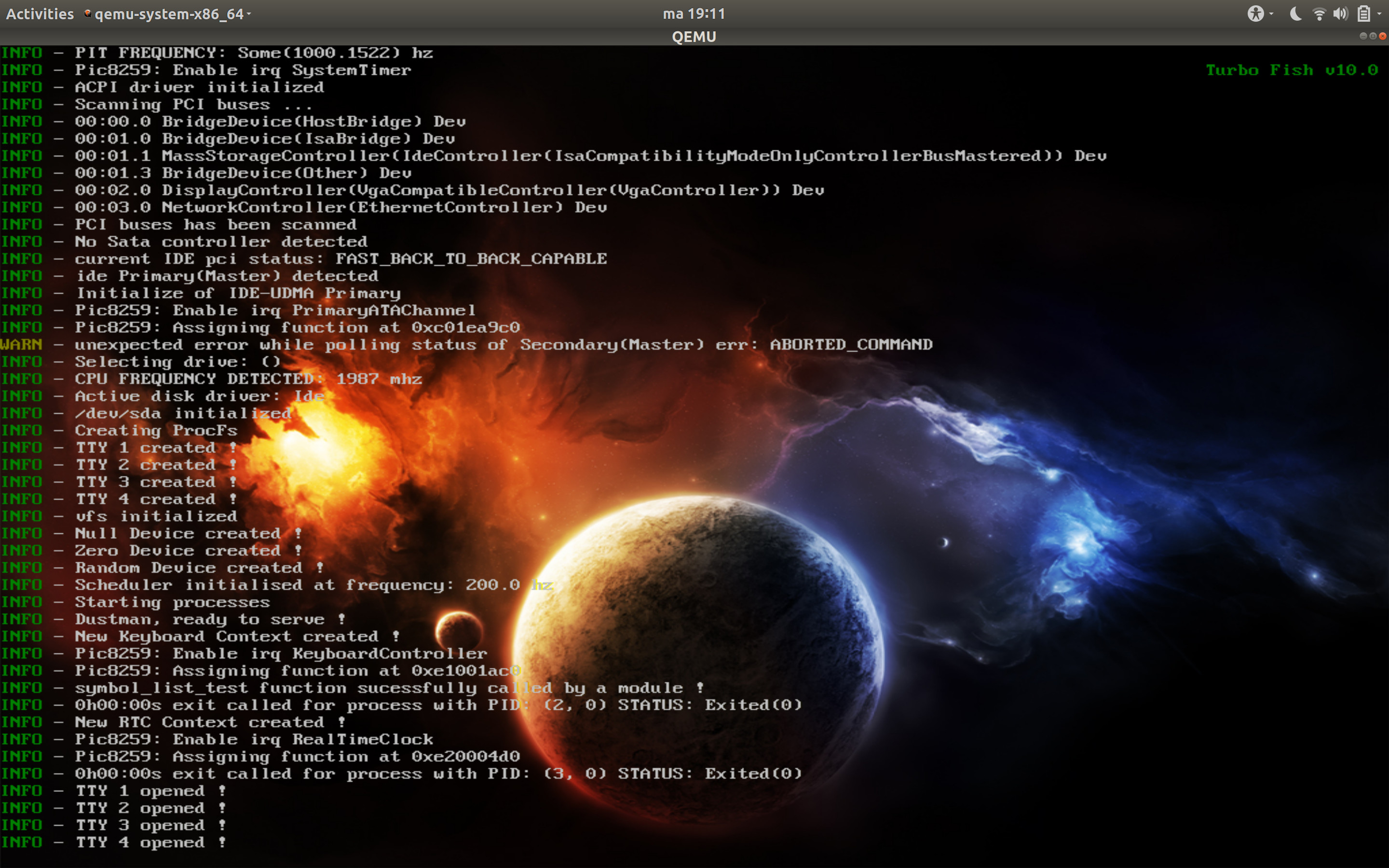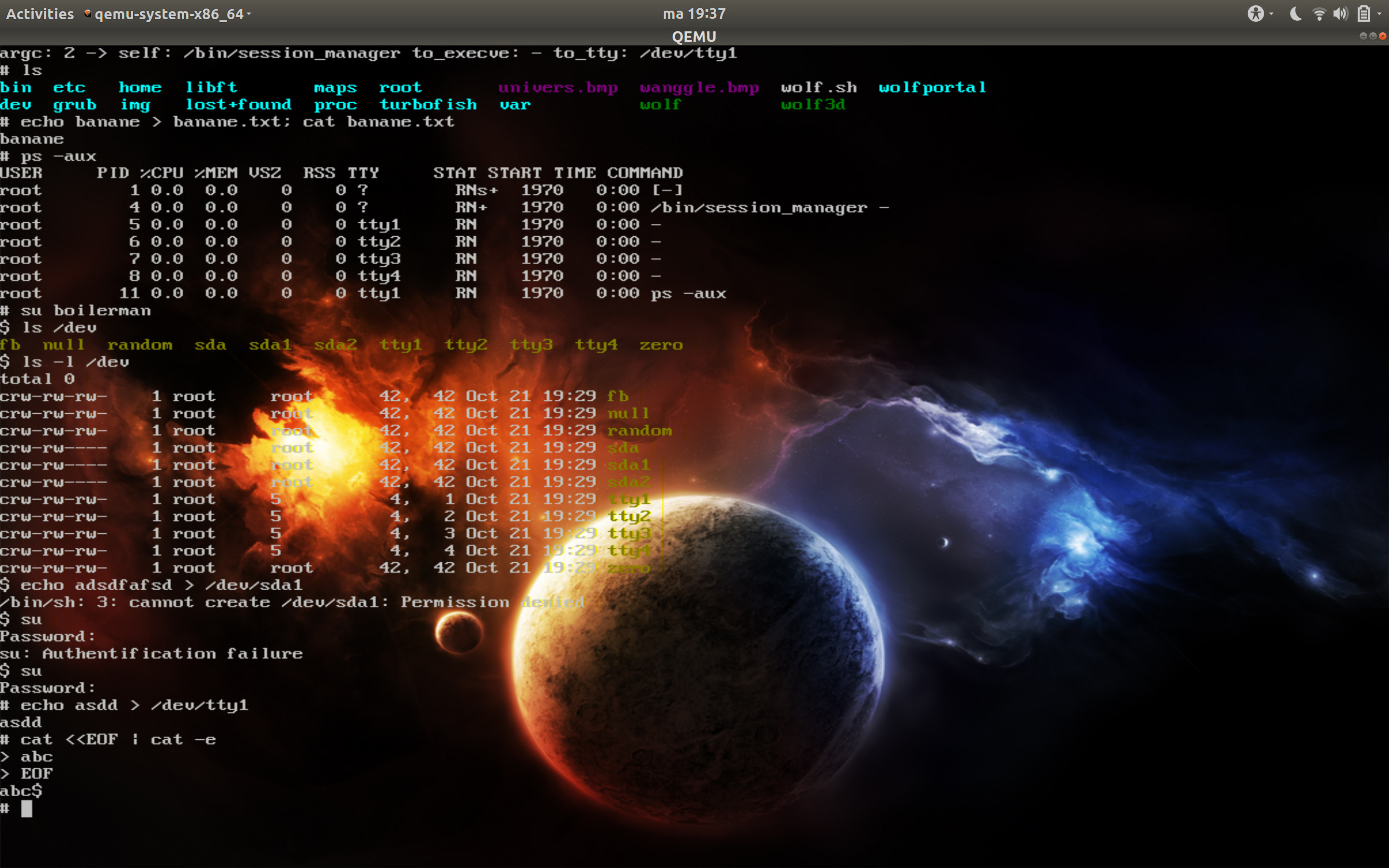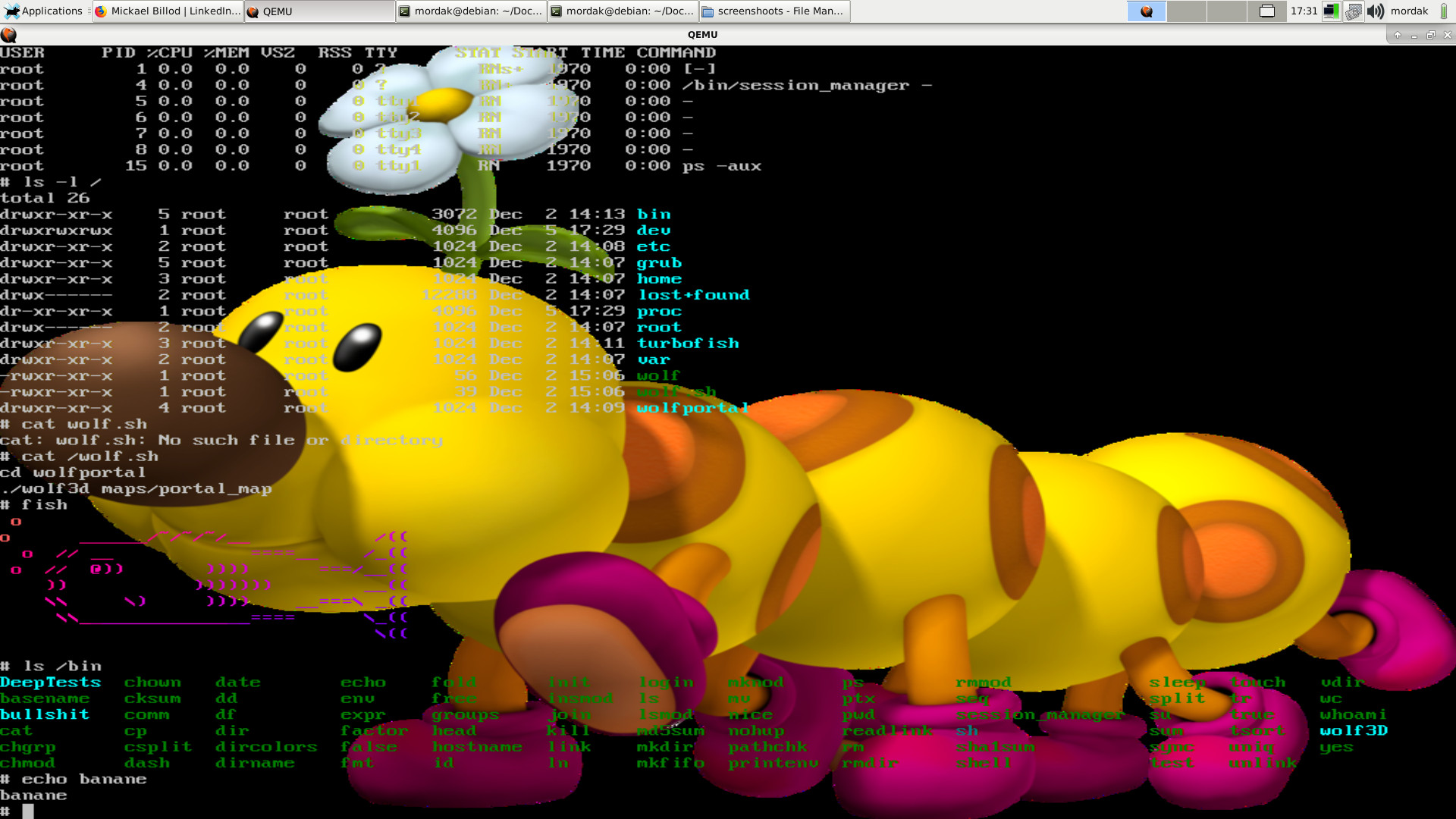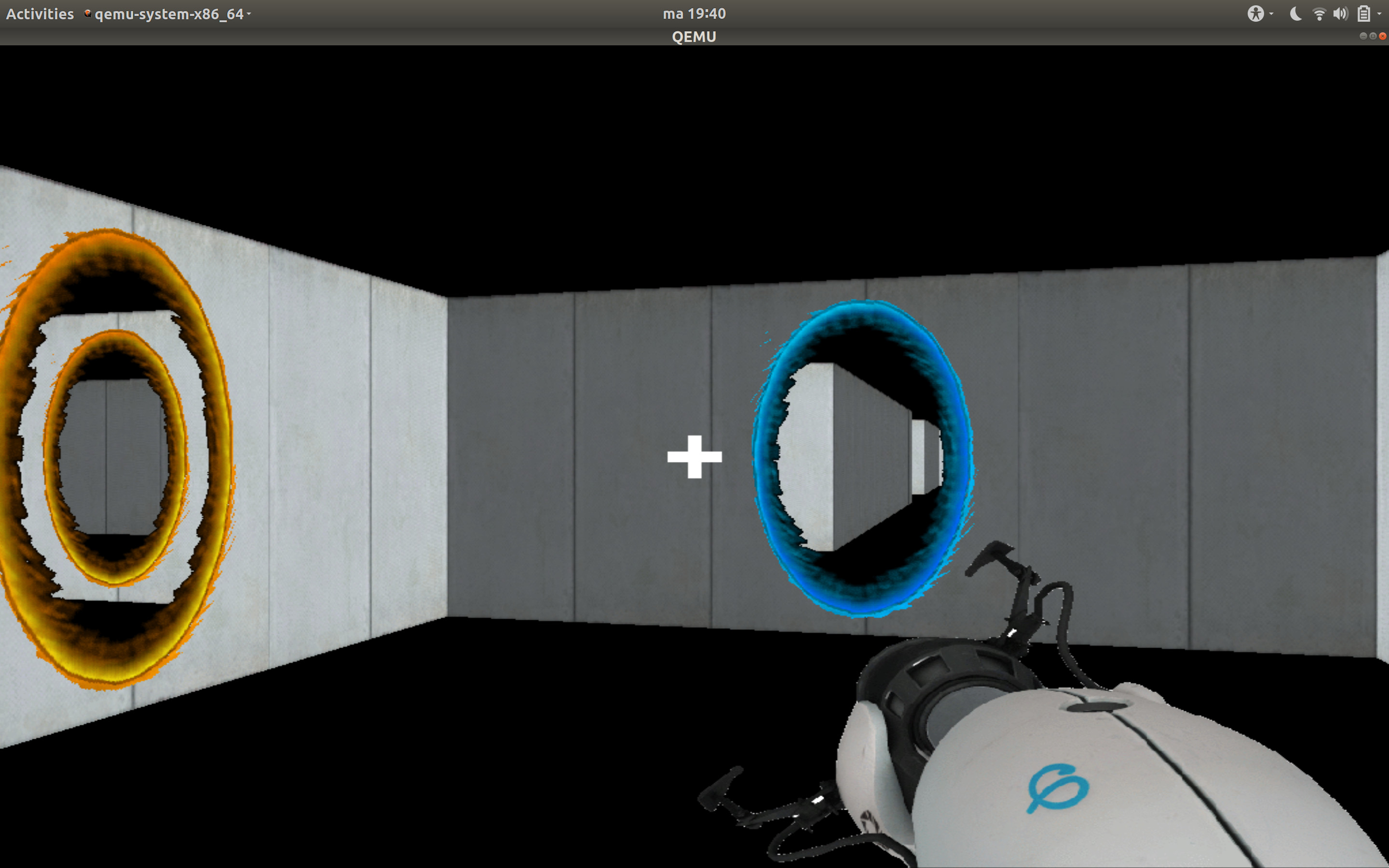You need to clone with submodules
git clone --recurse-submodules GIT_URL
If you forget to add recurse submodule when you clone, you can add then later like that
git submodule init
git submodule update
If you are on a debian system
sudo apt-get install nasm
Or an archlinux system
sudo pacman -S nasm
sudo apt-get install binutils make
sudo apt-get install grub
sudo apt-get install mount
If you are on a debian system
sudo apt-get install gcc
Or an archlinux system
sudo pacman -S gcc
Now, it's the time to install Rust, The main code of the kernel is in this langage, so you have to follow this procedure to install it. The curl program and a internet connexion are required to launch the installation. The total installation of rust takes approximately 1 GB of disk space so maybe you have to delete some porn videos to free disk space.
First, launch the main install procedure: https://www.rust-lang.org/tools/install
curl https://sh.rustup.rs -sSf | sh
- Choose a custom installation, tape 2
- Set default host triple as i686-unknown-linux-gnu then tape enter
- Set default toolchain as nightly then tape enter
- Just tape enter for the path
- Make a coffee and wait a long time... (you have to download near 160mo of data)
To configure your shell for launching rust binary, you have to write
source $HOME/.cargo/env
Put this line in your ~.bashrc (or .zshrc etc...) if you want to got definitively this power
The installation lead to the creation of two hiddens subfolder in your HOME/~, .cargo and .rustup
when you want to remove completely rust, you have just to remove it !
Switch the default toolchain to nightly
rustup toolchain add nightly
rustup default nightly
Install the default host target to i686-unknown-linux-gnu
rustup target add i686-unknown-linux-gnu
cargo install cargo-xbuild
Then, to recompile libcore, you need rust sources
rustup component add rust-src
make && make unix
make exec




